Best movies like Eternamente Pagu
A unique, carefully handpicked, selection of the best movies like Eternamente Pagu Starring Carla Camurati, Antônio Fagundes, Nina de Pádua, Esther Góes, and more. If you liked Eternamente Pagu then you may also like: The Way We Were, Neruda, Bright Star, Frida, Doctor Zhivago and many more popular movies featured on this list. You can further filter the list even more or get a random selection from the list of similar movies, to make your selection even easier.
Eternamente Pagu is a biographical film about Patrícia Galvão, best known as Pagu, a Brazilian political, literary and artistic activist. An important figure of the Brazilian Modernism, Pagu was also a militant for the Brazilian Communist Party after she married writer Oswald de Andrade. She broke up with Andrade and, as a journalist was arrested by the Dictatorship of Getúlio Vargas. After she left prison, she abandoned Communism in favor of Trotskyist Socialism, married Geraldo Ferraz, and started a career as theatre director.
You may filter the list of movies on this page for a more refined, personalized selection of movies.
Still not sure what to watch click the recommend buttun below to get a movie recommendation selected from all the movies on this list
Neruda
It’s 1948 and the Cold War has arrived in Chile. In the Congress, prominent Communist Senator and popular poet Pablo Neruda accuses the government of betraying the Party and is stripped of his parliamentary immunity by President González Videla. The Chief of Investigative Police instructs inspector Óscar Peluchonneau to arrest the poet. Neruda tries to escape from the country with his wife, the painter Delia del Carril, but they are forced to go underground.
Bright Star
In 1818, high-spirited young Fanny Brawne finds herself increasingly intrigued by the handsome but aloof poet John Keats, who lives next door to her family friends the Dilkes. After reading a book of his poetry, she finds herself even more drawn to the taciturn Keats. Although he agrees to teach her about poetry, Keats cannot act on his reciprocated feelings for Fanny, since as a struggling poet he has no money to support a wife.
Doctor Zhivago
The life of a Russian physician and poet who, although married to another, falls in love with a political activist's wife and experiences hardship during World War I and then the October Revolution.
Despite the Falling Snow
New York, 1961. Alexander Ivanov, a high-ranked Soviet bureaucrat, reluctantly defects to the West while is part of a diplomatic mission, feeling the grief of being unable to know the fate of his wife Katya, whom he has had to leave behind in Moscow. Only many years later, in 1991, he will finally find out the truth when his niece Lauren travels to Moscow to participate in a painting exhibition.
Parajanov: The Last Spring
Made in wartime and edited in candlelight, Mikhail Vartanov's rarely-seen masterpiece tells about his friendship with the genius Sergei Parajanov who was imprisoned by KGB "at the peak of his artistic power". Vartanov takes us back with the scenes from his censored 1969 film The Color of Armenian Land where Paradjanov is at work on his suppressed chef-d'oeuvre The Color of Pomegranates - widely regarded as one of the greatest films of all time - and contrasts it with the shocking request Parajanov sent him in unpublished 1974 letters from the Soviet prisons. Vartanov's camera documents Parajanov's striking last day at work in 1990 during the making of the unfinished Confession. A monumental wordless montage - the entire sixth reel - concludes Vartanov's acclaimed documentary, which, despite the prohibitive conditions it was created in, won the admiration of many of cinema's greatest artists, including Francis Ford Coppola and Martin Scorsese.
Paulo Coelho's Best Story
Paulo Coelho is the world’s most translated living author, his books having sold over 165 million copies. But he was not always the inspirational global phenomenon he is today. Like the heroes in his spiritual classics THE ALCHEMIST and THE PILGRIMAGE, he long-searched for his calling, flirting with death, escaping madness, falling in love, and making rock ’n’ roll history in Brazil, all-the-while striving for success as a writer. A wild ride through a lifetime of stranger-than-fiction adventures, PAULO COELHO’S BEST STORY is a profoundly moving film that goes straight to the heart of the most beloved literary guru of our time, revealing the most incredible wonder of all: the man behind the masterpieces.
The Square
The Square looks at the hard realities faced day-to-day by people working to build Egypt’s new democracy. Cairo’s Tahrir Square is the heart and soul of the film, which follows several young activists. Armed with values, determination, music, humor, an abundance of social media, and sheer obstinacy, they know that the thorny path to democracy only began with Hosni Mubarak’s fall. The life-and-death struggle between the people and the power of the state is still playing out.
Theremin: An Electronic Odyssey
After escaping Russia's communist revolution, Léon Theremin travels to New York, where he pioneers the field of electronic music with his synthesizer. But at the height of his popularity, Soviet agents kidnap and force him to develop spy technology.
The Maiden Danced to Death
There were two brothers - two dancers - in Communist Hungary. One defected, the other stuck it out. One gave his soul to commerce, the other to the Party. After twenty years, they meet again. And the dance begins.
Dedé Mamata
Dede (Guilherne Fontes) is a Brazilian teen who lives with his middle-class grandparents who are members of the local communist party. When his grandmother dies, his grandfather's health soon fades to the point where he can't speak or walk. The local party officials ask Dede to continue to family tradition and take over his grandfather's position of social authority, but when Dede is introduced to cocaine by his best friend Alpino (Marcos Palmeira), the attraction to drugs is more appealing to him than political activism.
Olga
Based upon the true story of Olga Benário, the German-born wife of Brazilian communist leader Luís Carlos Prestes. During the dictatorship of Getúlio Vargas (1930-1945) she was arrested and sent to Nazi Germany, where she was put to death in a concentration camp. After World War II began, Vargas decided to uphold the Allies.
The Revolutionary
"A", a member of a student protest organization, becomes disenchanted by his group's inability to effect real change. Emboldened to pursue more radical methods by the older, experienced leftist organizer Despard, "A" unwittingly becomes party to a labor strike that turns violent. Ultimately held responsible by the authorities for the fracas, "A" allies himself with terrorist Leonard, who intends to avenge those jailed in the protest.
Marighella
Afro-Brazilian poet and politician, the legendary Carlos Marighella. Driven to fight against the erosion of civil and human rights following the CIA-backed military coup of 1964 and the brutal, racist right-wing dictatorship that followed, the revolutionary leaves behind his wife and son to take up arms, becoming a notorious enemy to the power structure.
Hércules 56
Documentary featuring contemporary interviews with 5 of the revolutionary activists who kidnapped US ambassador Charles Embrick in August 1969 in Rio de Janeiro and some of the political prisoners who were freed from prison in exchange of the ambassador's liberty and flown out of Brazil to Mexico in an army cargo airplane "Hércules 56".
To Kill a Priest
A young priest speaks out against the Communist regime in Poland and is killed for it.
Linha de Passe
In the periphery of São Paulo, the pregnant single mother Cleuza works as maid in the apartment of a middle-class family. Each of her sons has a different unknown father: the oldest, Dênis, has a baby son that lives with his mother and he works as motorcycle courier.
400 Against 1: A History of Organized Crime
The story of William da Silva Lima, the last survivor of the group that founded the Comando Vermelho at the end of the 1970s. It shows him living together with the political prisoners incurred under the same National Security Law and his leadership in the Ilha Grande Prison creating a type of unheard of conduct and solidarity in the Brazilian prisons. The film goes on to tell of the group's actions on the streets of Rio de Janeiro during the beginning of the 80s when they irritated the police with their daring robberies, as well as portraying the surprising love story between William and Tereza. The narrative weaves its way between the intimate conflict and the spectacular assaults and escapes.
Getulio
The movie depicts the political crisis that led to the suicide of president Getúlio Vargas, in the 19 days that preceded August 24, 1954. The crisis began with the attempted assassination of journalist and politician Carlos Lacerda in August 5, 1954, at rua Toneleros, Rio de Janeiro, in which Major Vaz was assassinated instead. Investigations pointed to Gregório Fortunato, chief of Vargas' personal guard, as the orderer of the frustrated assassination. This incident was one of the most importants in the history of Brazil.
Flordelis: Basta uma Palavra para Mudar
This docudrama portrays the true story of Flordelis dos Santos, a strong and courageous woman from Rio de Janeiro, Brazil. She resided in the Jacarezinho favela, located in the northern zone of the city. From facing drug dealers to challenging judges, she had an eventful life. Her determination led her to shelter and care for over 40 abandoned children, showcasing her unwavering resilience.
The Brazilwood Man
Fantasy comedy about Brazilian writer Oswald de Andrade, one of the most important icons of Modernism in Brazil. In the film, Oswald is played by two actors: Ítala Nandi, as his feminine anima, and Flávio Galvão, as the masculine half.
The King of the Candle
Filming of the historical montage of Oswald de Andrade's play, where decadent millionaires, depraved children, corrupt and implacable capitalists are the characters interpreted by the Grupo Oficina, in a celebrated theatrical performance from 1967, fundamentally recorded in 1971 and released only in the 1980s.
American Reds: The Failed Revolution
The documentary AMERICAN REDS provides a historical overview of 20th century Communism and the growth, decline and contemporary relevance of the Communist Party, USA (CPUSA). Since its founding in 1919, the CPUSA has championed the struggles for democracy, labor rights, women’s equality, and racial justice. During its heyday in the 1930s and 1940s, it attracted millions of Americans to support its causes and almost 100,000 men and women to enlist in its ranks. The film begins with the Party's emergence as a small militant sect in the 1920s and documents its rise to the foremost radical group in the United States during the Great Depression, fighting against racism, sexism and fascism, as well as for the rights of workers to organize. It ends with the decline of the Party during the Cold War under the assaults of the FBI and anti- communist crusades.
Grupo de Bagé
Grupo de Bagé was an artistic movement that emerged in Rio Grande do Sul in the 1940s, led by painters and engravers Glênio Bianchetti, Glauco Rodrigues, Carlos Scliar and Danúbio Gonçalves. Linked to Taller de Gráfica Popular do México and the Communist Party, they turned printmaking into a way of popularizing art, with realistic themes and social denunciation. The documentary reveals the appropriation of these artists of the brazilian arts, from the pampas in Rio Grande do Sul to the palaces of Brasília.
The Death of Klinghoffer
An adaptation from the controversial John Adams opera about the true life incident that took place in the mid 80s. The liner "Achille Lauro" is on a 12-day cruise in the Mediterranean. While the ship is docked in Alexandria, a maid discovers that four of the passengers are actually members of the Palestine Liberation Organization traveling incognito. Startled by their discovery, the PLO cadre is forced to act. They take the passengers on board hostage and demand the release of 50 Palestinian activists held in Israeli jails. As Egyptian, American, Italian, and Palestinian authorities bicker over the best way to handle the situation (and who would negotiate with the terrorists), the kidnappers find themselves dealing with rebellion among their captives, and an argument between the four PLO members and Leon Klinghoffer, a Jewish-American confined to a wheelchair, eventually escalates into violence.
Corte Seco
Corte Seco, Renato Tapajós' first fictional feature, takes place in 1969 and accompanies Rodrigo, a militant active in the fight against oppression and in favor of the removal of the military government. In this fight, everything was possible: invasion of radio studios to transmit a rebellious message; kidnapping of ambassadors promoted by groups, the so-called apparatuses; assault on banks to finance such activities.
How Nice to See You Alive
Four years after a military coup overthrew the Brazilian government in 1964, all civil rights were suspended and torture became a systematic practice. Using a mix of fiction and documentary this extraordinary film is a searing record of personal memory, political repression and the will to survive. Interviews with eight women who were political prisoners during the military dictatorship are framed by the fantasies and imaginings of an anonymous character, portrayed by actress Irene Ravache.
Hoje
Former political activist receives compensation from the Brazilian government for the disappearance of her husband, victim of the repression triggered by the Brazilian military dictatorship. With the money, she can buy her an apartment and free herself from this dreadful condition she lived for decades. At the moment of moving to the new home, however, a visit arises that forces her to review her entire life.
The Edge of Democracy
A cautionary tale for these times of democracy in crisis—the personal and political fuse to explore one of the most dramatic periods in Brazilian history. With unprecedented access to Presidents Dilma Rousseff and Lula da Silva, we witness their rise and fall and the tragically polarized nation that remains.
Occupy Unmasked
Occupy Unmasked features the conservative visionary Andrew Breitbart and journalists Brandon Darby, David Horowitz, Pam Keys, Anita MonCrief, Mandy Nagy, and Lee Stranahan. Written and directed by award-winning director, Stephen K. Bannon (The Undefeated, Generation Zero) and produced by David N. Bossie (Border War, Perfect Valor), Occupy Unmasked is a shocking indictment of one of the most controversial movements in American history.
Tickling Giants
The Arab Spring in Egypt: From a dictator to free elections, back to a dictatorship. One comedy show united the country and tested the limits of free press. This is the story of Bassem Youssef, a cardiologist turned comedian, the Jon Stewart of Egypt, and his show "The Show".
Seeing Red: Stories of American Communists
A unique documentary that looks at the political activities of the American Communist Party in the early to mid-twentieth century.
Hollywood on Trial
A detailed look at the events leading up to the blacklisting of Hollywood writers and artists. In October 1947 nineteen Hollywood personalities were subpoenaed by the House Committee on Un-American Activities to testify about their knowledge or possible involvement in the American Communist Party. The first ten to be called refused to cooperate, claiming their first amendment rights, were cited for contempt of Congress and sent to prison. They became known as the "Hollywood Ten" and this is their story.

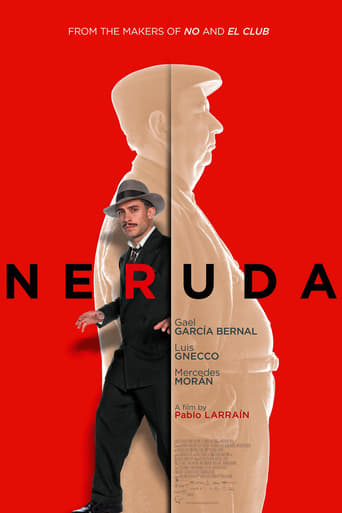

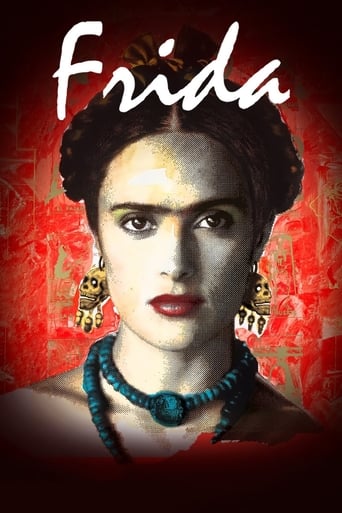







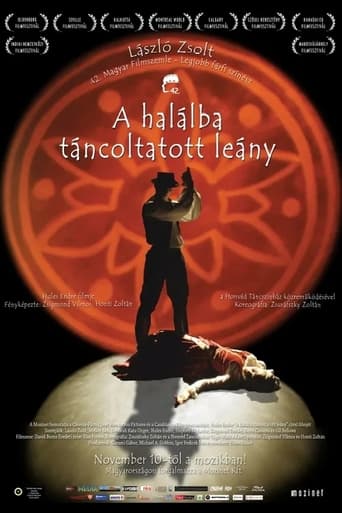



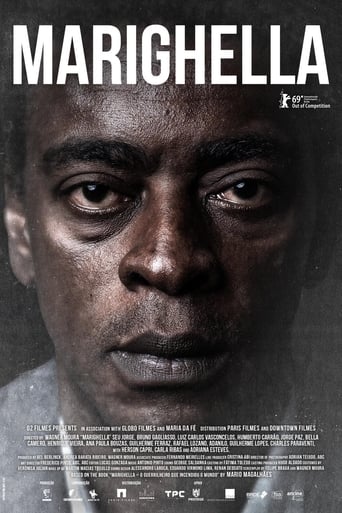

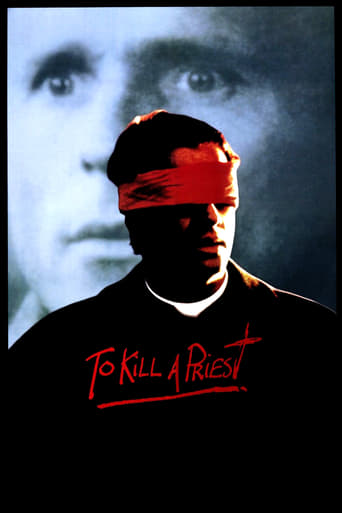















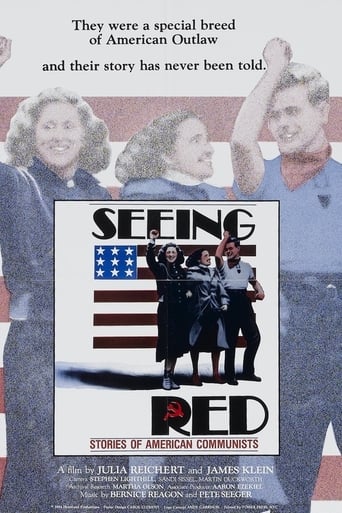
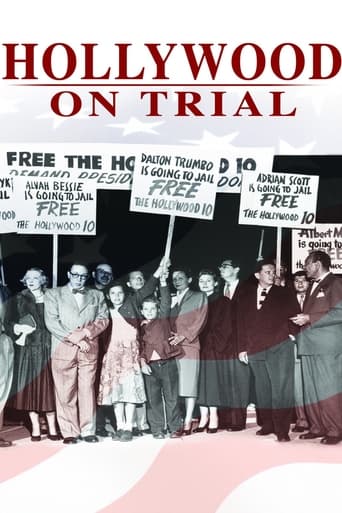

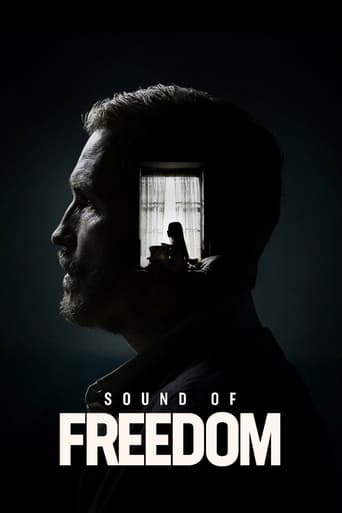


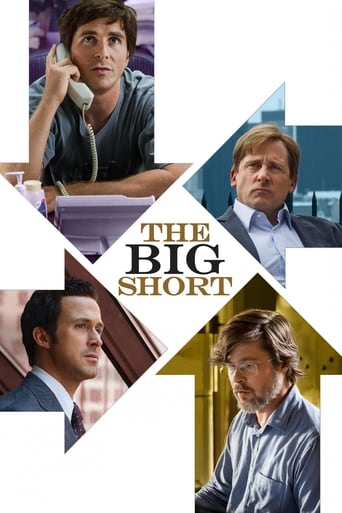
The Way We Were
Two desperate people have a wonderful romance, but their political views and convictions drive them apart.